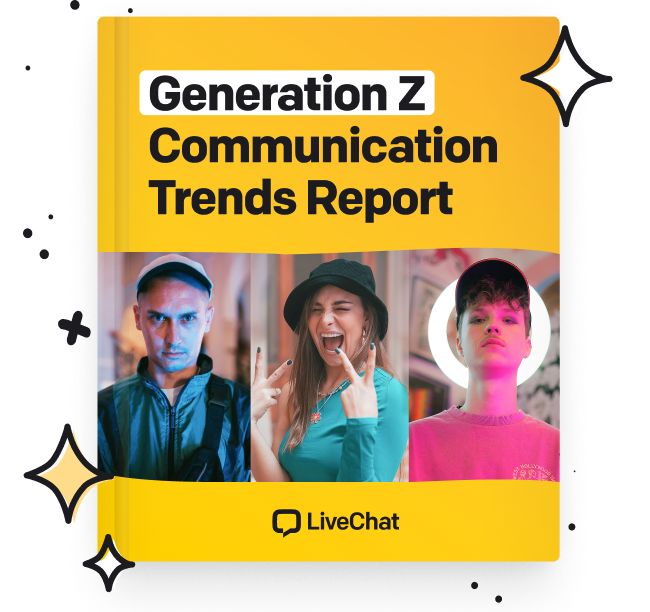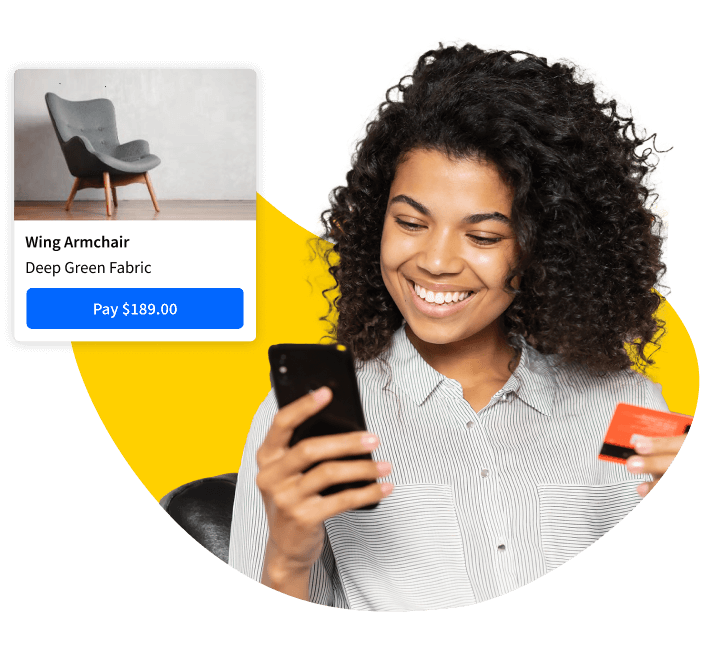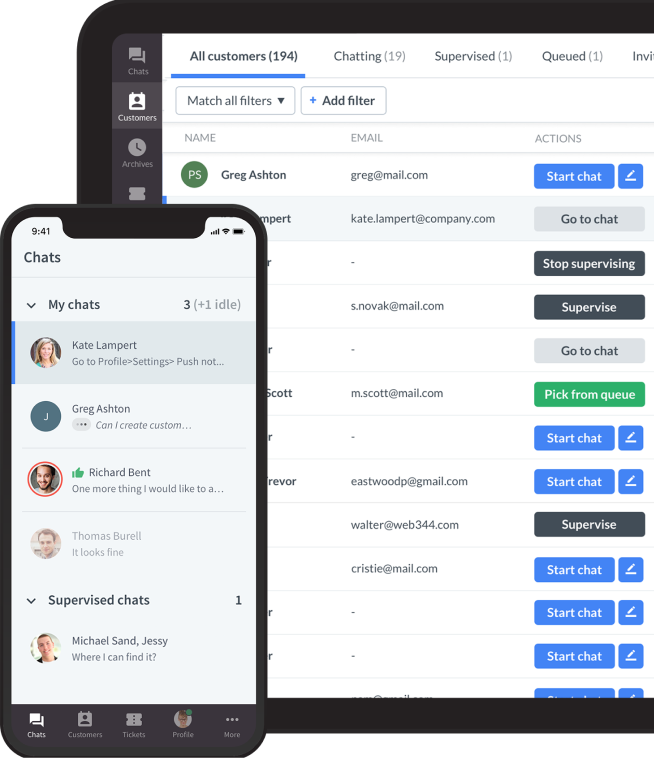Showing top 0 results 0 results found
Showing top 0 results 0 results found


When we think of content marketing, what do we think of? Many will say SEO, and many more will say lead generation. But what I think of is interaction, and the loyalty this can create.
The average person consumes around 11.4 pieces of content before making a purchase. And some 84 percent of people expect content from brands.
When you add this to the fact that 95 percent of B2B buyers consider content trustworthy when evaluating a brand, you can begin to see how important the content you create is to customer loyalty. They’re going to consume it, so it’s up to you to give them what they seek.
Content marketing is so powerful because it’s a moment when people willingly engage with your brand. It establishes you as a thought leader and a resource, helping to give your brand meaning and purpose in people’s lives. And it also helps keep your brand on people’s mind, even when they’re doing something else. If your messaging is right, this is a prime opportunity to find and win loyal customers.
Here are some ways to help you design a content marketing strategy that will boost customer loyalty.
Be clear about your purpose
To develop a content marketing strategy that successfully boosts customer loyalty, you need to really get into the minds and hearts of your target audience.
One of the best ways you can do this is with a “day in the life” map for your ideal customer.
This involves first creating an avatar for what you consider to be an ideal customer. Choose a name, a possible occupation, a list of some likely hobbies, as well as some information about their beliefs and worldviews. The idea is to be as specific as possible so that you can describe your audience as thoroughly as possible.
Once you have this, start thinking about how this person experiences each day. How do they get to work? What do they do there? What are some of the things that slow them down? How do they spend their time out of work?
The objective is to understand some of the pain points in your customers’ lives. But don’t limit yourself to trying to find the problems your product or service solves. You’re trying to get inside the head of your audience to determine what’s important to them and what they look for in a brand they’ll be loyal to. Here’s an example of a good “day in the life” map from Emily Schleier Designs:

When you look at this, you can start to see some trends. Andre likes to save time, but he also likes getting outside and being with friends and coworkers. You cannot possibly solve all of his problems, but you can sympathize with Andre and the challenges he faces.
And when you do this, customers will feel a stronger affinity and will be more likely to stay loyal to your brand.
Your content marketing needs to reflect this sympathy. The advice you offer or the resources you provide must show to Andre, and all your other customers, that you are about more than just the product or service you offer. Doing this successfully will have a dramatic impact on brand loyalty.
Leverage your core values
Taking the time to determine your core values is a key step every business needs to take. Carving out an identity and demonstrating to people you are unique is essential for winning people’s loyalty.
Your core values need to first come from you. Why are you running this business? What’s the vision you are trying to make a reality? What will you not sacrifice for the growth of your company?
Answering these questions will help you get a better understanding of your mission and values. But you also need to maintain a focus on what your customers are looking for.
A good example of this is Patagonia. They sell outdoor apparel and camping equipment, but the brand is about much more. Dedicated to outdoor sports, Patagonia recognizes that protecting the Earth is the responsibility of everyone. They actively work to reduce the environmental impact of their business, and they run several initiatives to help support the fight to limit human-driven climate change.

Essentially, what they’ve done is tell people that by engaging with Patagonia the brand they are joining the struggle for conservation and signifying to the world they care about the Earth. This is a powerful message that really resonates with their target audience, and this is one of the reasons Patagonia has grown from a small climbing equipment company into a global hiking, camping and outdoor brand.
Once you determine your core values, your content marketing needs to help communicate them to your audience. This is your chance to show to people what you have in common with them, and to convince them you’re worth their loyalty.
Be different. Be bold.
If you’ve done enough to understand your audience, you shouldn’t have to shy away from who you are. Bold statements can go a long way towards demonstrating brand authenticity. The more people believe what you say about yourself, the better chance you have of winning their loyalty.
A good example of a bold statement was Dick’s Sporting Goods’ recent decision to stop selling certain firearms. The company markets itself as a family company, frequently running ads at the beginning of school sports seasons. Choosing not to sell guns surely alienated certain people, but it also makes a big statement about who they are. You can bet this wasn’t done on a whim, and this type of big move is really powerful in fostering customer loyalty.

But this doesn’t mean every one of your blog or social media post needs to be a hot take. Bold moves require thought and tact.
When trying to build customer loyalty through content marketing, sometimes less is more. One piece of content that really resonates with people can be more powerful than 25 pieces that go in one ear and out the other.
When planning your content marketing strategy, think up a few different ways you can be bold and unique. And use these as highlights in a larger strategy that produces useful, relevant and consistent content. Do this and you’ll have a content marketing strategy capable of really boosting loyalty.
Start marketing for loyalty today
The interactions that come from content marketing are powerful ways of connecting with customers. From these interactions, you can help boost your credibility and SEO rankings and attract new sales leads.
But you can also foster brand loyalty, helping you increase customer lifetime value. However, for this to happen, you need to make it a priority as you devise your content marketing strategy, something you can start doing today.
Get a glimpse into the future of business communication with digital natives.
Get the FREE report







Comments